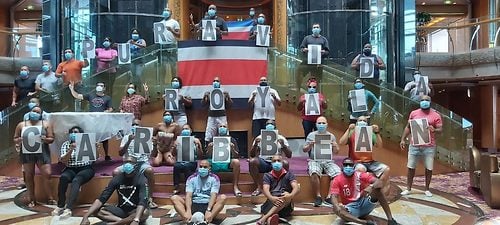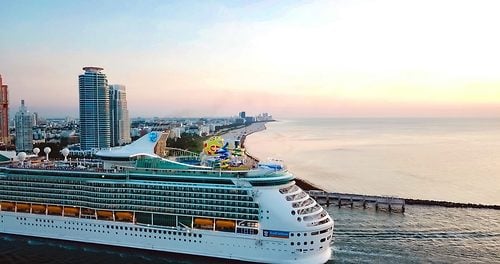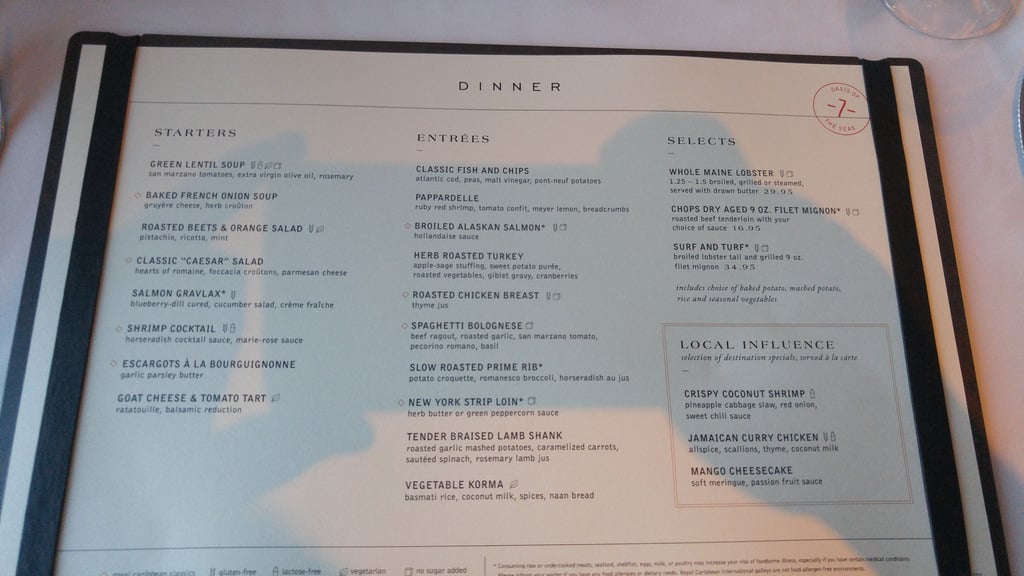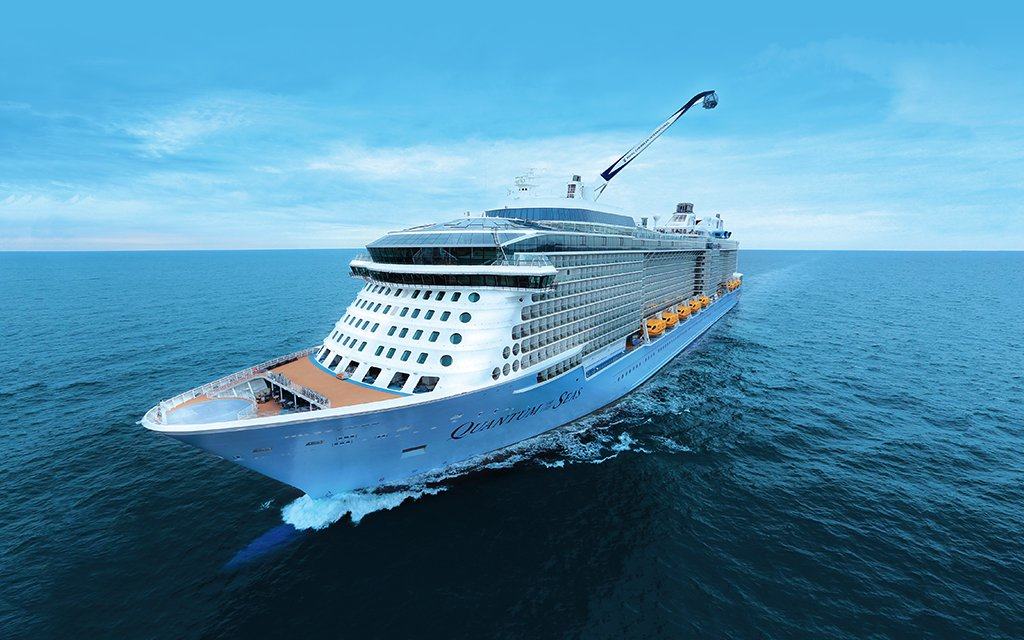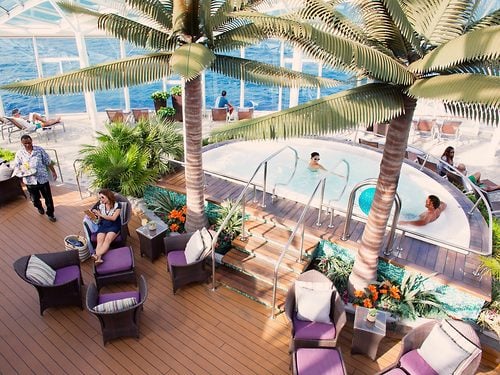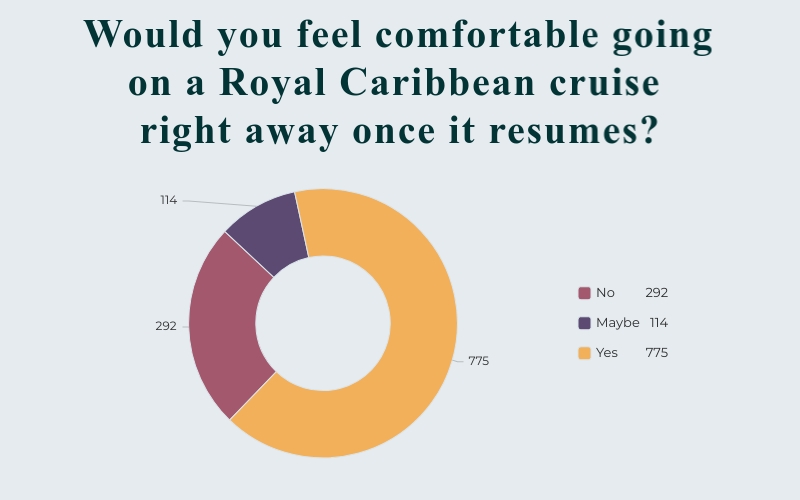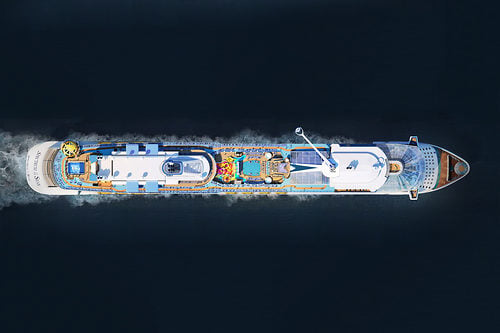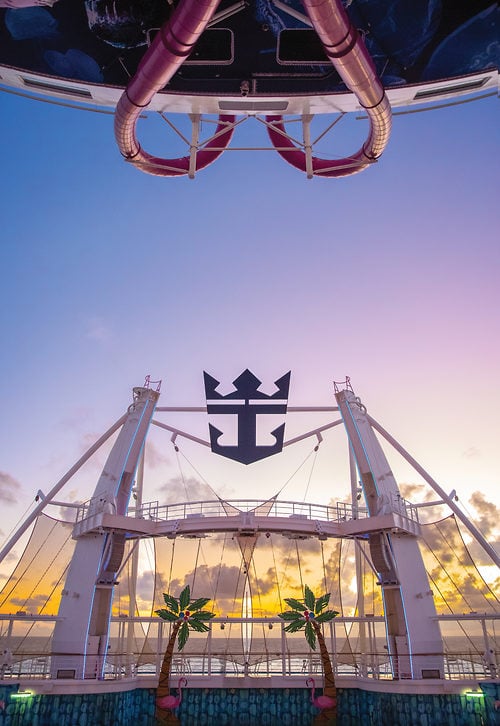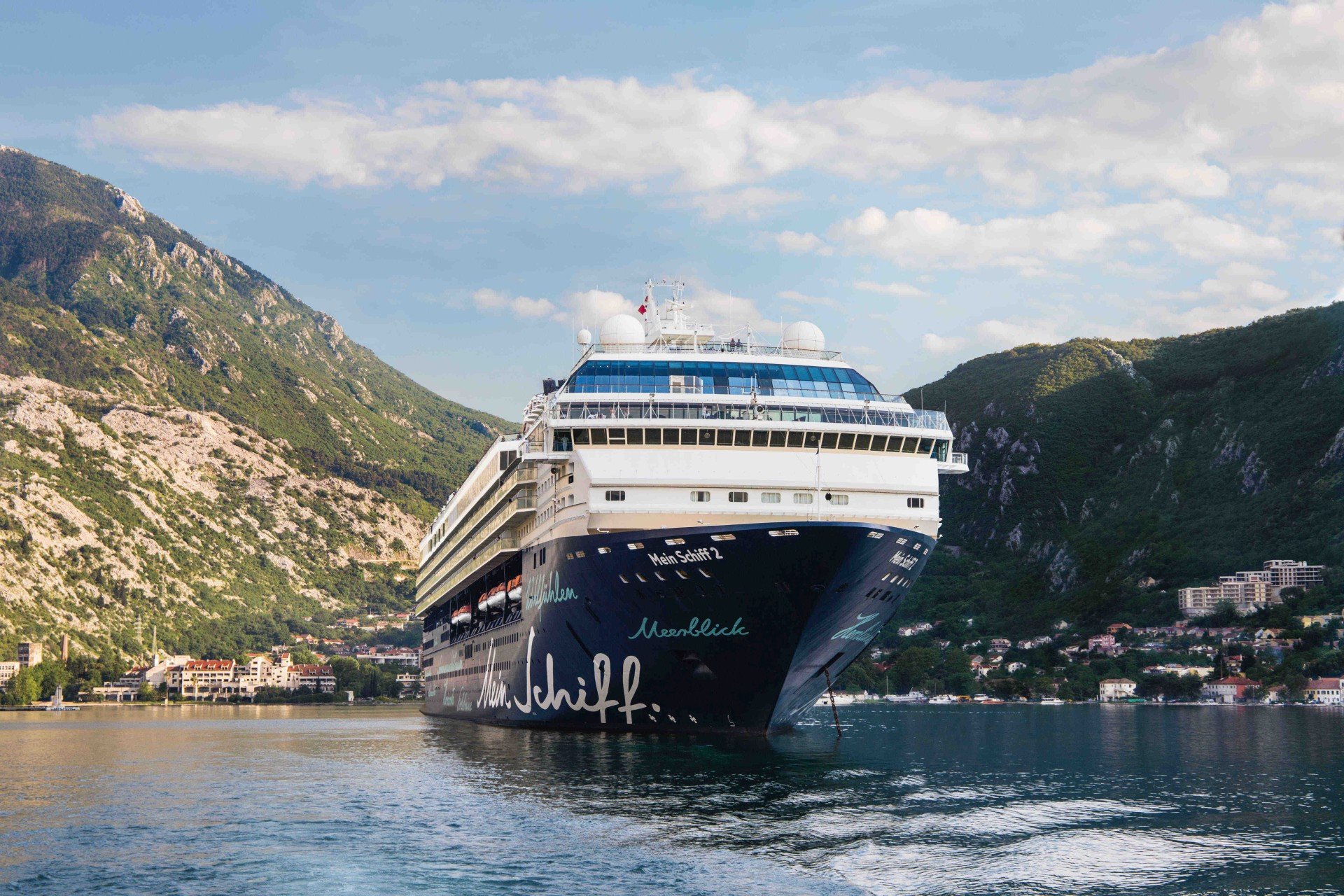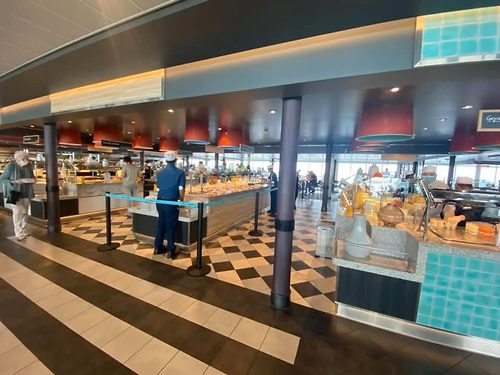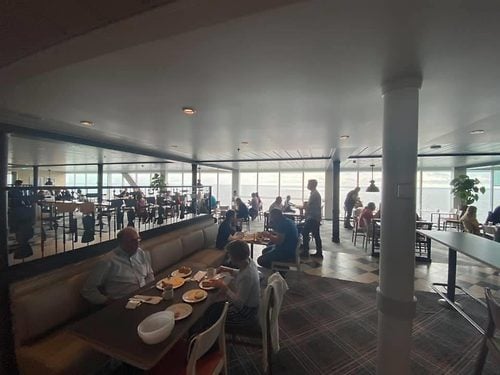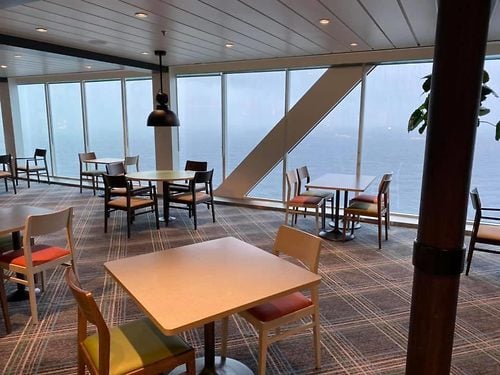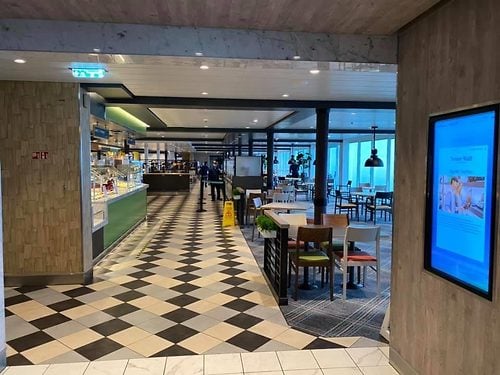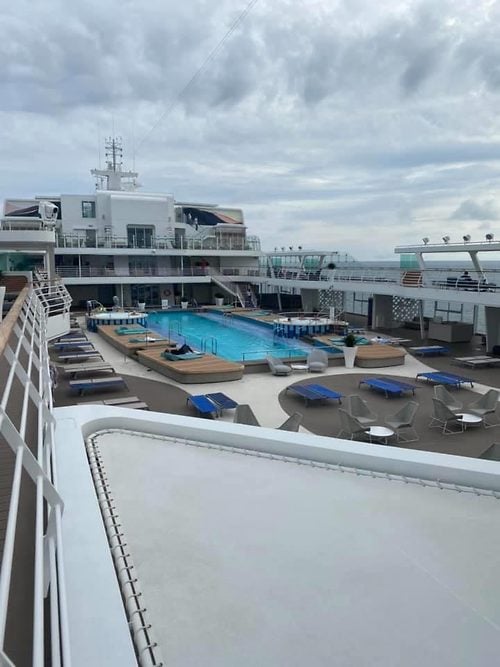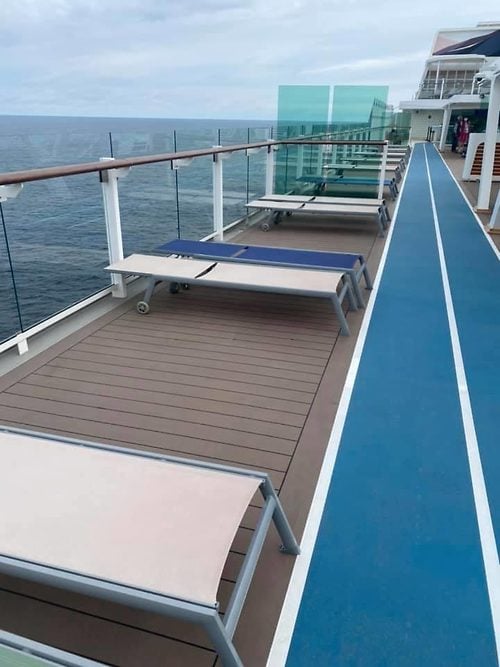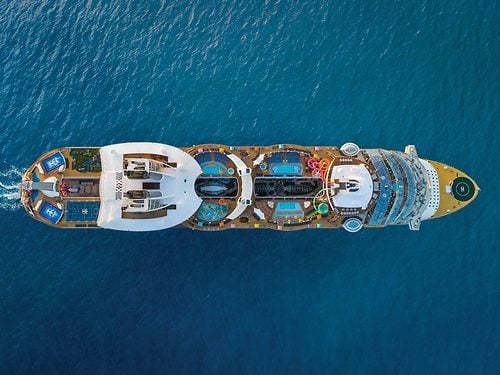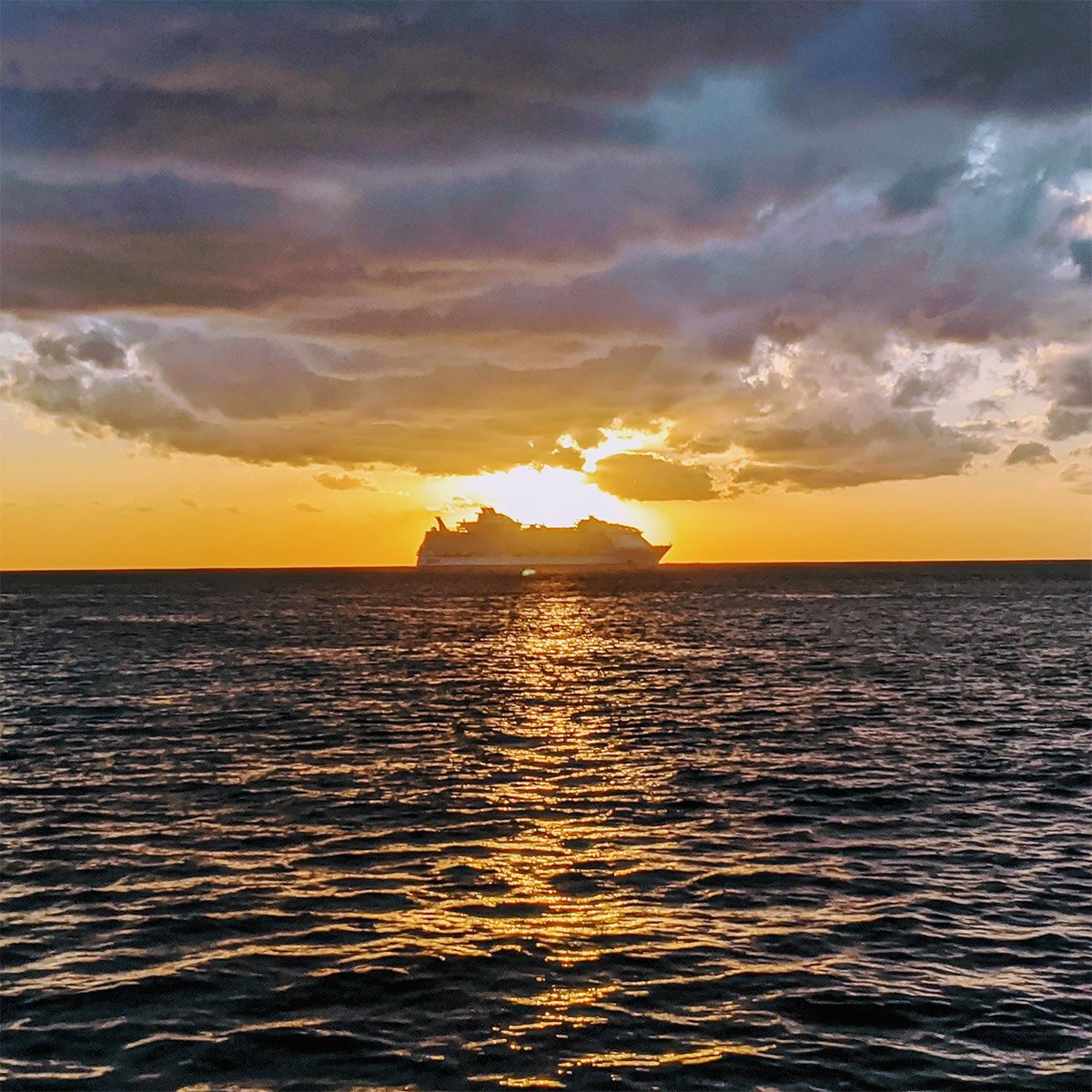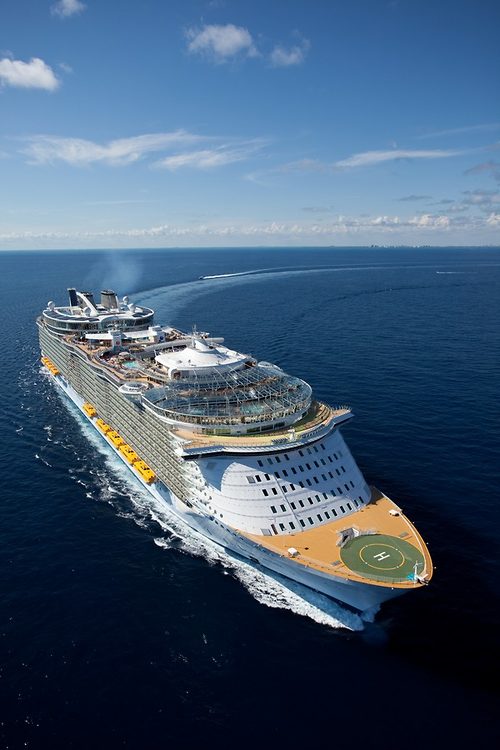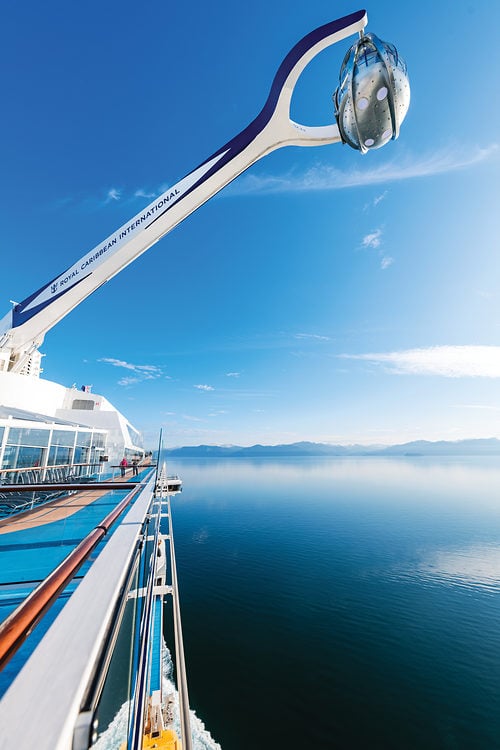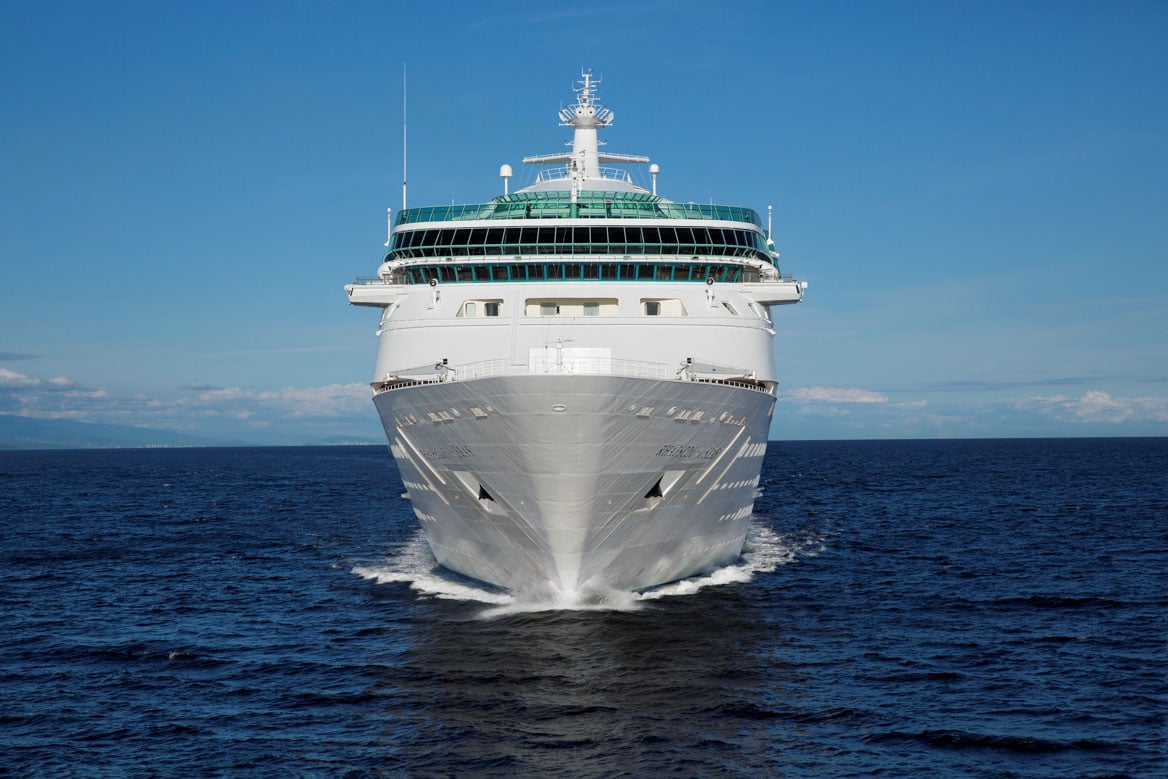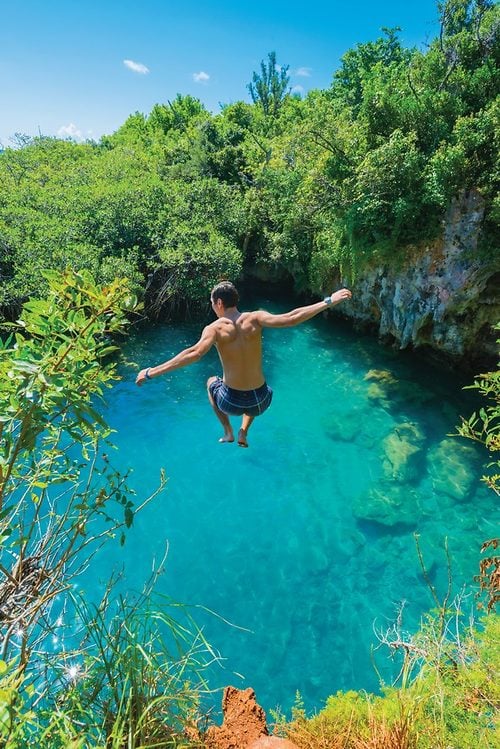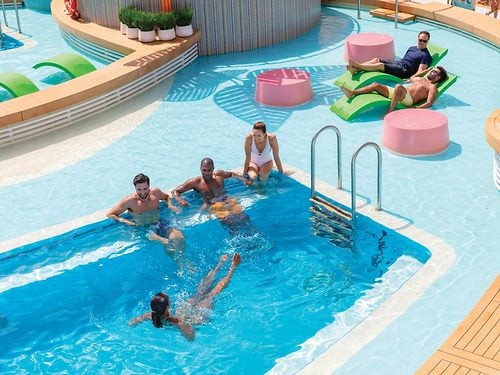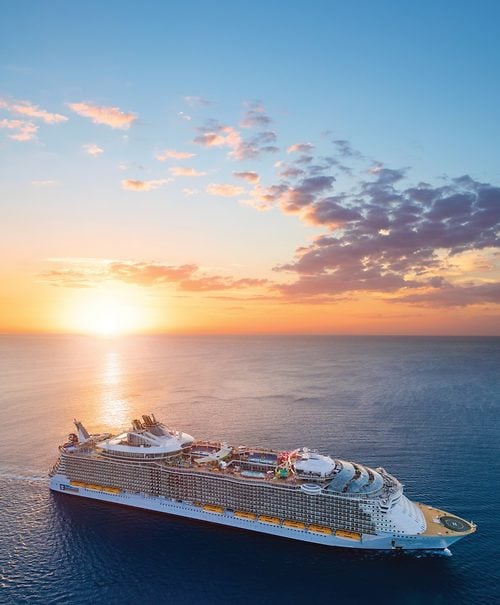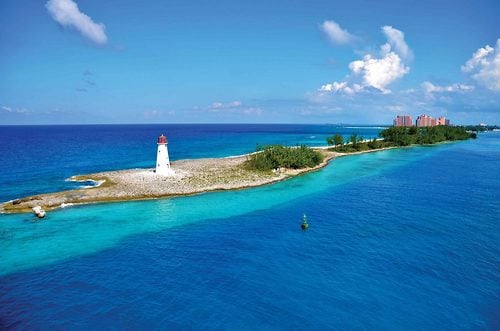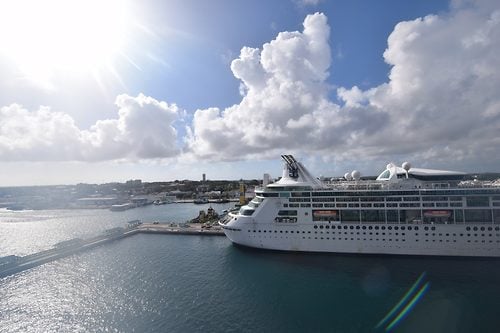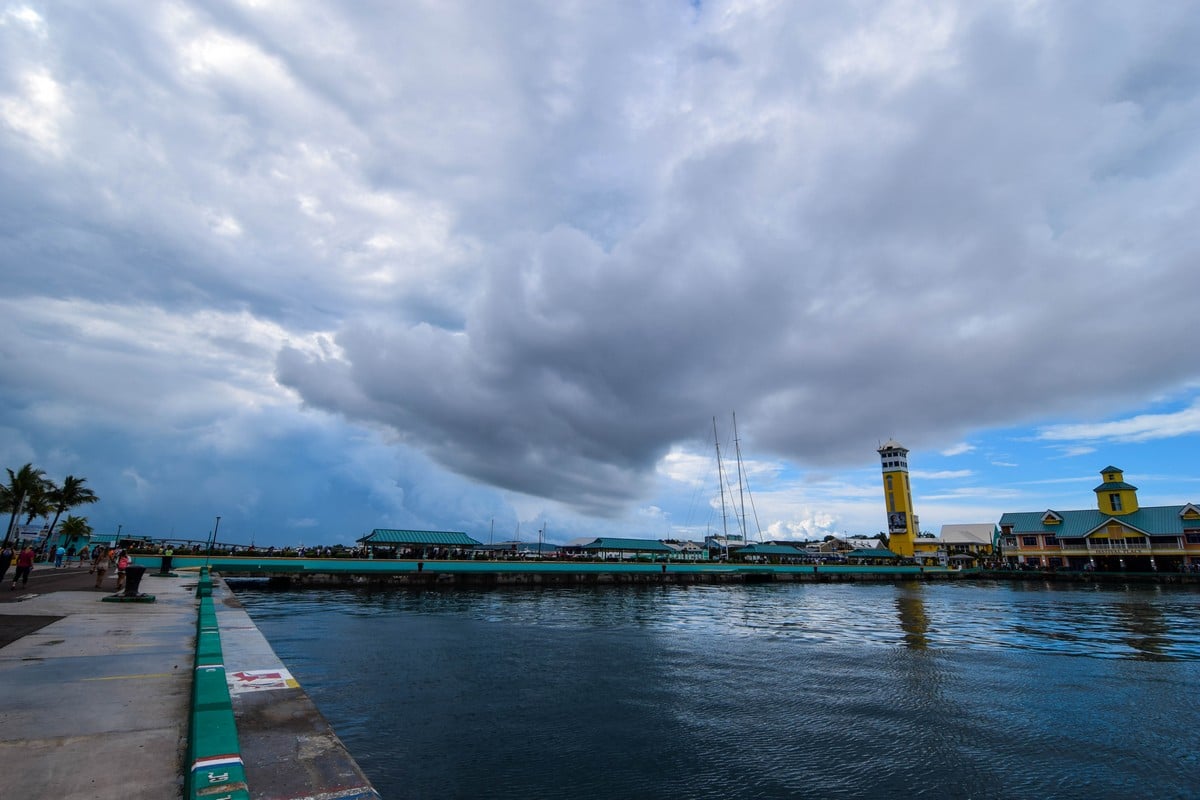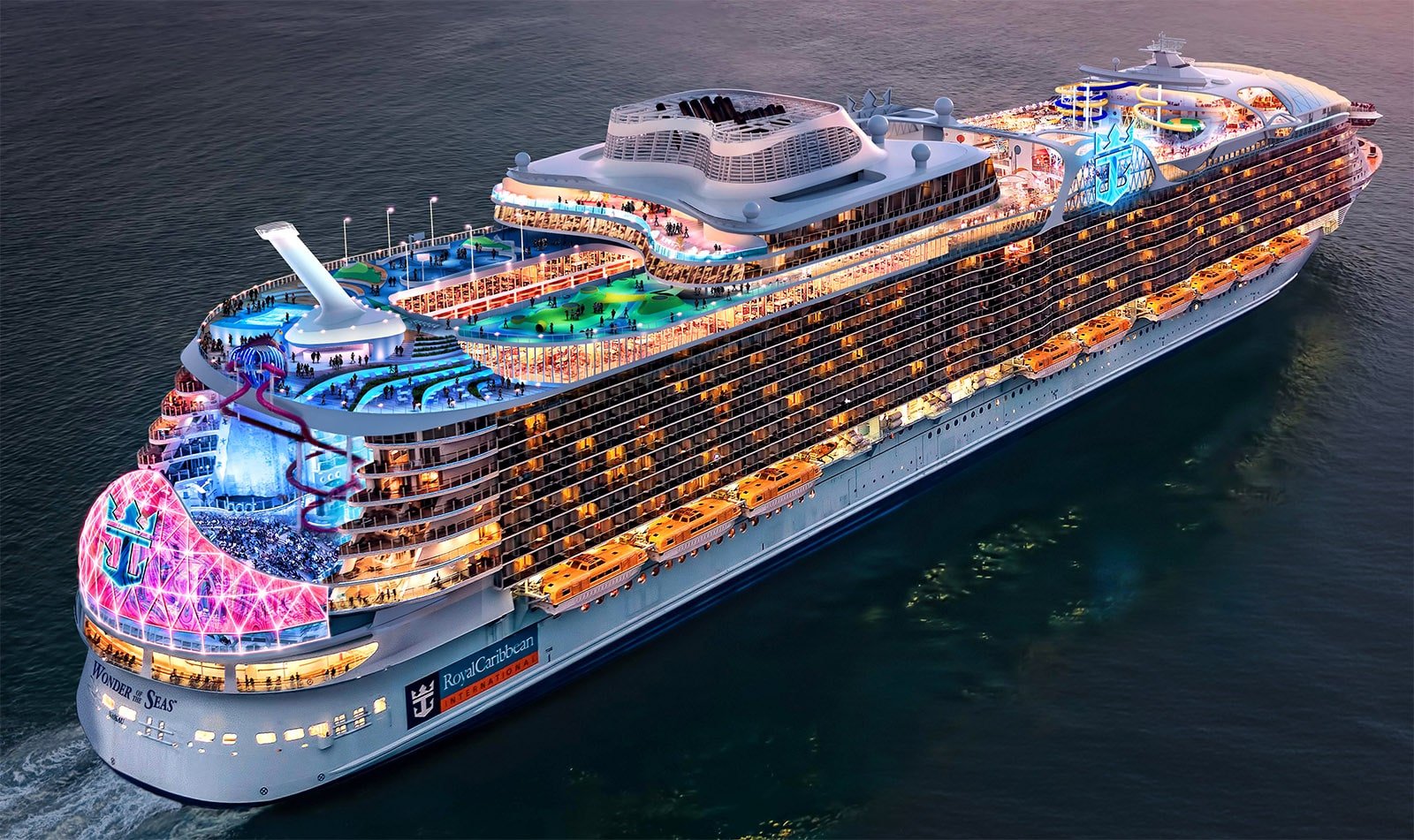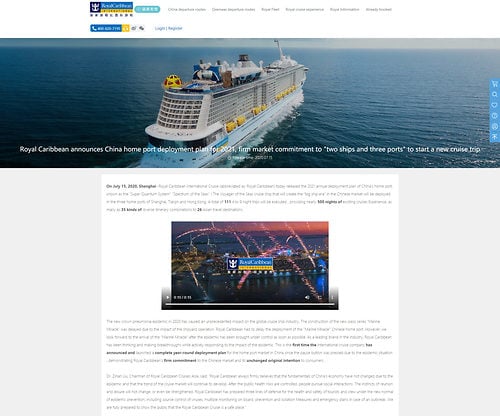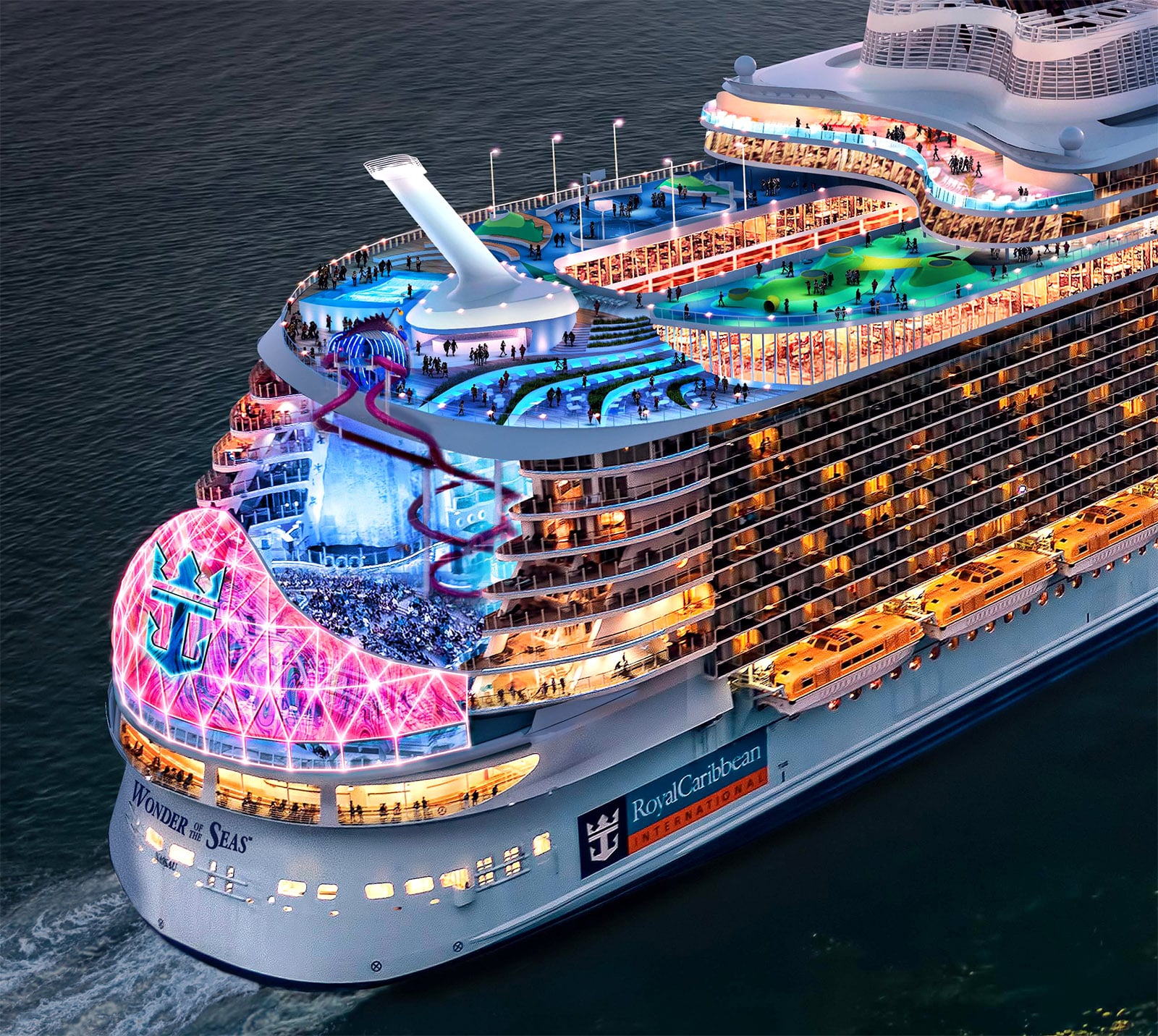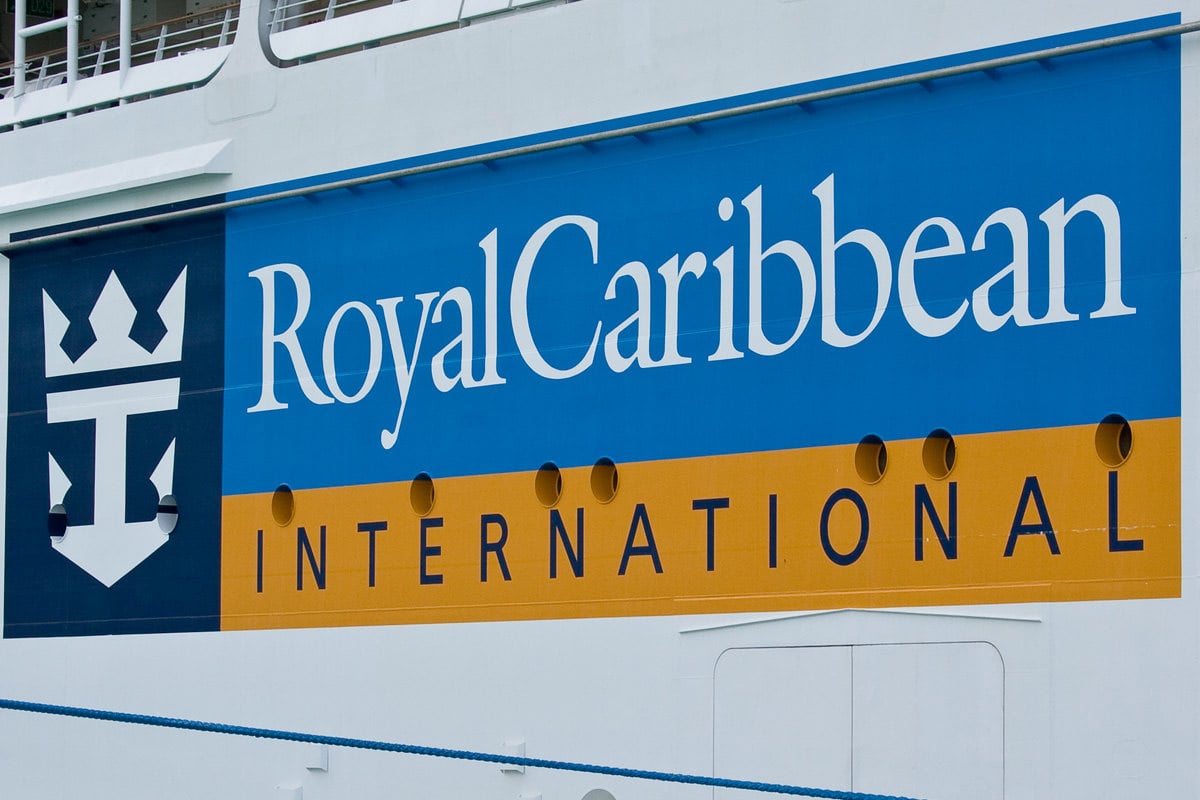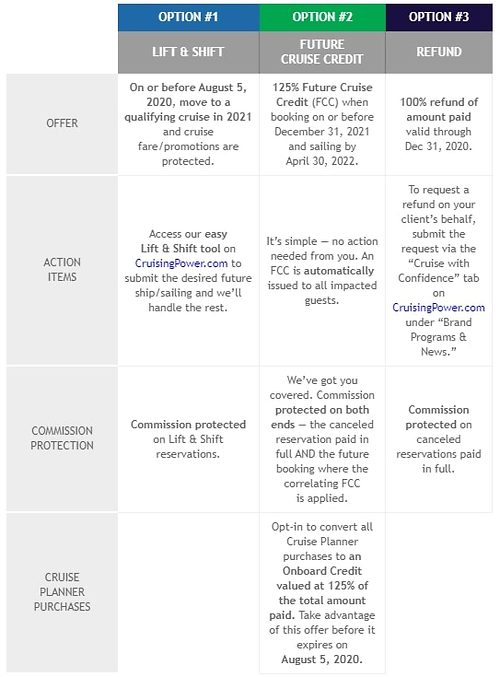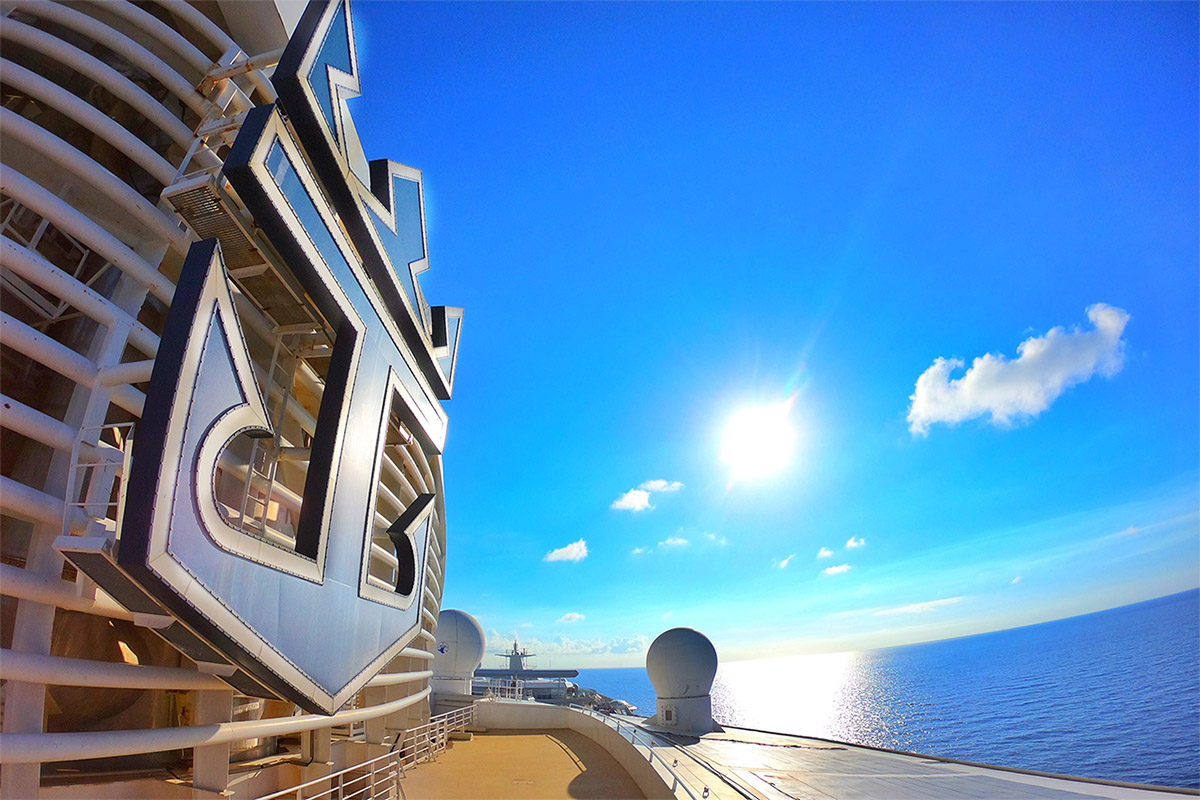The U.S. Centers for Disease Control and Prevention (CDC) wants to hear from people and organizations comments and questions about cruise lines resuming passenger operations.
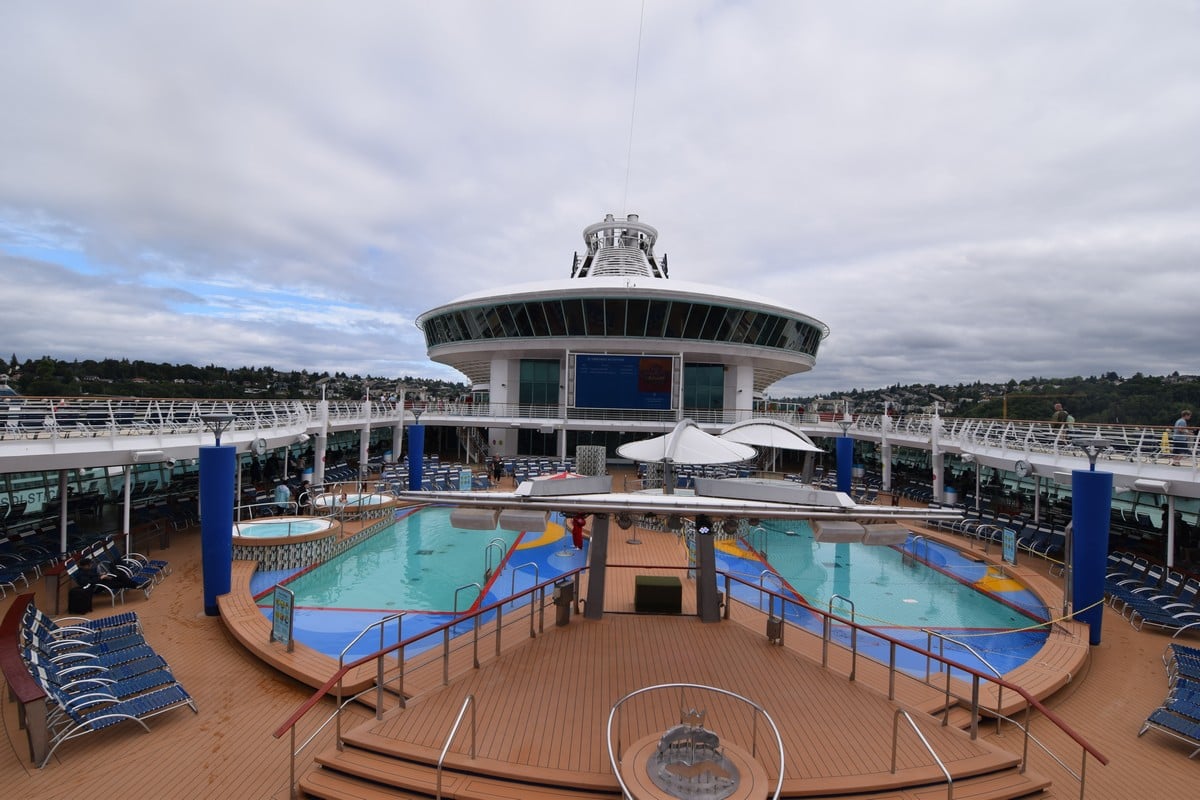
The Federal organization has filed a new opportunity for the public to comment and submit questions that the CDC will use in formulating a new policy for cruise ships.
The Centers for Disease Control and Prevention (CDC), a component of the U.S. Department of Health and Human Services (HHS), announces a Request for Information related to cruise ship planning and infrastructure, resumption of passenger operations, and additional summary questions. This information may be used to inform future public health guidance and preventative measures relating to travel on cruise ships.
The CDC recently extended its "No Sail" order through the end of September, and it now requests comments from the public that will be used to inform future public health guidance and preventative measures relating to travel on cruise ships.
Specific questions
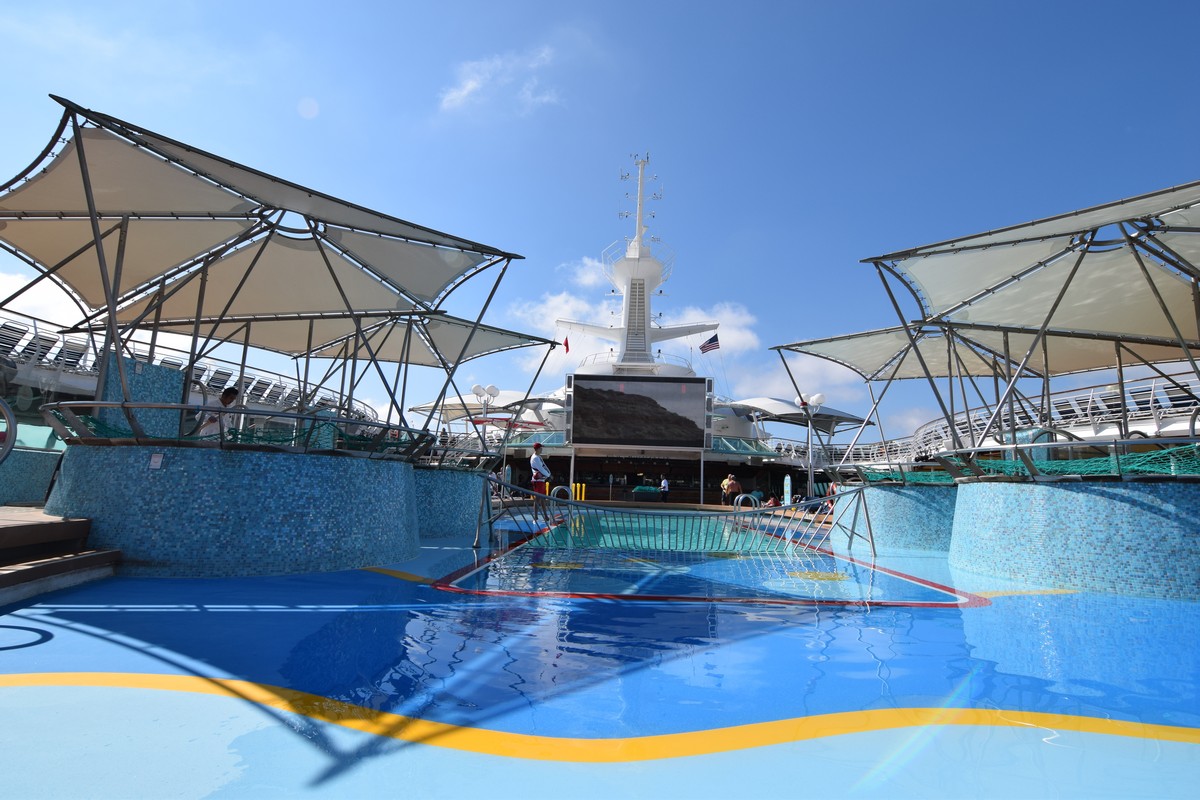
The CDC wants public participation specifically on the following topics:
1. Given the challenges of eliminating COVID-19 on board cruise ships while operating with reduced crew on board during the period of the April 15, 2020 No Sail Order Extension, what methods, strategies, and practices should cruise ship operators implement to prevent COVID-19 transmission when operating with passengers?
2. How should cruise ship operators bolster their internal public health programs with public health experts and invest in a robust public health infrastructure to ensure compliance with measures to detect, prevent, and control the spread of COVID-19?
3. How should cruise ship operators ensure internal public health programs Start Printed Page 44084are involved in all levels of decision-making processes relating to passenger and crew operations, crew welfare and mental health, occupational health, food safety, potable and recreational water safety, outbreak prevention and management response, and illness surveillance?
4. What is the feasibility of conducting COVID-19 diagnostic testing using FDA-approved or authorized laboratory tests on board a cruise ship?
a. Should specimens be tested on board or should specimens be collected on board for commercial testing onshore?
b. How frequently should cruise ship operators test all passengers and crew?
c. What would be the anticipated financial cost of testing all passengers and crew?
5. Because reports of illness may lead to restrictions on crew activities, how should cruise ship operators encourage crew members to report mild symptoms of COVID-like illness to medical personnel?
a. How should cruise ship operators encourage medical personnel to report these cases to CDC?
6. What should be the medical capacity to manage an outbreak or a severe case of COVID-19 on board the ship?
a. What arrangements should cruise ship operators have with private companies to transport and obtain medical care shoreside for passengers and crew with severe COVID-19?
7. What pre-arrangements should be made to ensure that all U.S. seaport communities will accept a returning ship after a COVID-19 outbreak is identified?
8. What plans should cruise ship operators have for operationalizing shoreside quarantine facilities in the event of a COVID-19 outbreak on board a ship, without exposing the public and without relying on Federal, State, or local resources?
9. Due to obstacles with commercial travel thus far, what pre-arrangements should cruise ship operators make with the airline industry to accept crew and passengers from ships not affected by COVID-19?
10. How should cruise ship operators address specific country travel restrictions that emerge as COVID-19 activity increases in geographical areas, such as
a. border closures preventing passengers and crew from repatriating?
b. seaport closures preventing porting of ships?
c. embarking passengers originating from countries with heightened COVID-19 activity?
11. What measures should cruise ship operators be required to take to reduce the burden on U.S. government resources if foreign seaports deny cruise ships the ability to come into port during a voyage?
12. Given difficulties cruise ship operators have experienced when repatriating crew via non-commercial transportation, what preparations should the industry make to repatriate passengers or crew via non-commercial transportation after COVID-19 is identified on board?
13. What innovations should cruise ship operators develop to reduce transmission of COVID-19 on board ships and how would these innovations be effective?
14. Should cruise ship operators implement other interventions to decrease or prevent the spread of COVID-19 on board ships?
15. What evidence of efficacy or other rationale exists for any public health interventions that cruise ship operators propose to take on board ships?
16. What steps should cruise ship operators take to prevent the introduction of COVID-19 onto ships after resuming passenger operations?
a. Should cruise ship operators deny boarding to passengers with COVID-like illness or confirmed infection with COVID-19?
b. Should cruise ship operators deny boarding to passengers with known exposure to a person with COVID-19 during the previous 14 days?
c. What methods should cruise ship operators use to screen for exposures and detect COVID-like illness in passengers seeking to board the ship?
d. Should cruise ship operators deny boarding to passengers coming from COVID-19 high-incidence geographic areas?
e. How should cruise ship operators manage embarking crew with COVID-like illness, known exposure, or coming from high-incidence geographic areas after resuming passenger operations?
f. Should cruise ship operators test passengers and crew pre-boarding? If yes, what should the testing protocol be?
g. Should cruise ship operators transport and house passengers and crew denied boarding at the seaport to avoid exposing the public?
17. Should cruise ship operators plan to reduce passenger and crew loads to decrease the risk of transmission on board the ship?
a. To what extent and for how long should cruise ship operators reduce passenger capacity?
b. To what extent might reducing passenger capacity affect the economic viability of cruise lines?
c. Should cruise ship operators be required to provide scientific evidence that reducing passenger capacity will prevent transmission on board?
18. Should cruise ship operators decrease the length of voyages and, if so, by how much?
a. How would decreasing the length of voyages affect the transmission of COVID-19 on board the ship and in U.S. communities?
b. Should cruise ship operators be required to provide scientific evidence that reducing length of voyages would decrease the risk of further introduction of COVID-19 to U.S. communities?
19. Should cruise ship operators limit shore excursions?
a. What precautions should cruise ship operators take during shore excursions to prevent passengers and crew from being exposed to COVID-19?
b. During shore excursions, how should cruise ship operators prevent transmission of COVID-19 into land-based communities?
20. Should cruise ship operators restrict the number of persons per room (e.g., maximum capacity of 2 adults per cabin)?
a. Should cruise ship operators be required to provide single-occupancy rooms with private bathrooms for crew after resuming passenger operations?
21. What mental health services should cruise ship operators provide to crew and passengers during quarantine or isolation?
22. What precautions should the cruise line industry take to safely disembark passengers and crew without transmitting COVID-19 into local seaport communities?
23. Should the cruise line industry immediately cancel cruise voyages if COVID-19 cases are identified on board or after disembarkation?
24. Because of the economic costs associated with cruising, some cruise ship passengers may be reluctant to cancel travel plans if they become ill or are exposed to COVID-19 or may try to hide symptoms of illness. Should cruise ship operators fully refund or provide incentives to passengers that:
a. Are denied boarding due to COVID-like illness symptoms, confirmed infection, or known exposure?
b. are denied boarding due to coming from high-incidence geographic areas?
c. request last-minute cancellations due to COVID-19 concerns?
25. Due to the costs associated with seeking medical care on board, and the likelihood that sick passengers will be isolated and their travel companions quarantined for the remainder of their voyage, how should cruise ship operators encourage passengers to notify the medical center when they experience COVID-19 symptoms?
26. How should cruise ship operators decrease or eliminate the risk for COVID-19 transmission for both passengers and crew in the following group settings?
a. Embarkation and disembarkation?
b. Safety drills and trainings?
c. Dining?
d. Onboard entertainment events?
e. Shore excursions?
27. What benefits can be expected in terms of averted deaths and illnesses and how does this compare to the expected financial costs of the above measures?
28. Should cruise ship operators be required to designate a responsible company official who will accept legal responsibility for failure to implement measures to protect public health?
How to submit comments or questions to the CDC
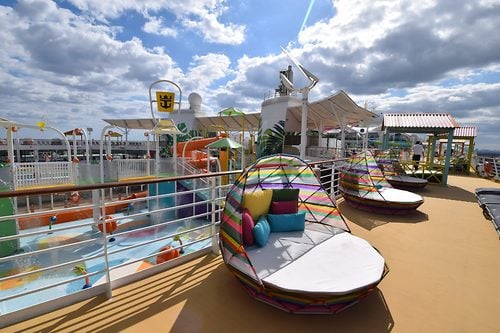
You may submit comments, identified by Docket No. CDC-2020-0087 by any of the following methods listed below.
- Federal eRulemaking Portal: https://www.regulations.gov. Follow the instructions for submitting comments.
- Mail: Maritime Unit, Centers for Disease Control and Prevention, 1600 Clifton Road NE, MS V18-2, Atlanta, GA 30329.
CDC does not accept comment by email.
Written comments must be received on or before September 21, 2020.

